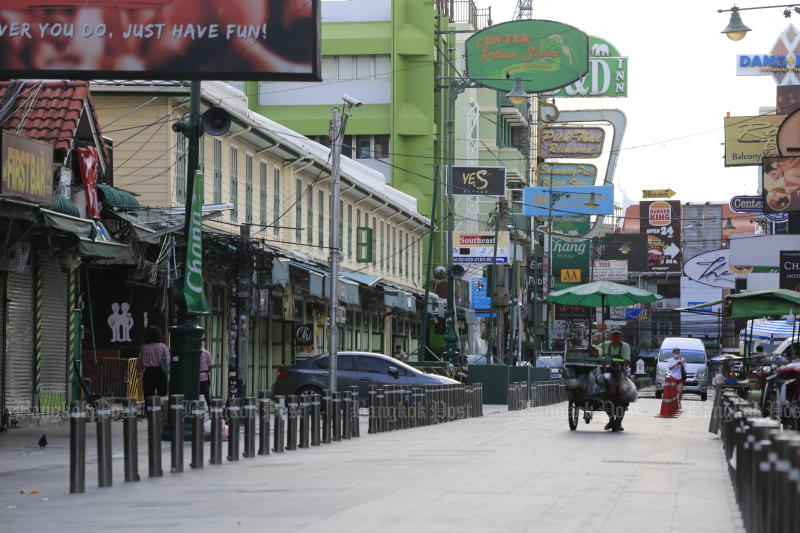
The Tourism Authority of Thailand (TAT) is hoping a shorter quarantine nationwide during the fourth quarter can accelerate travel demand once the pandemic is controlled.
TAT governor Yuthasak Supasorn said the current outbreak is more severe and lasting longer than expected. It has led to stringent measures to curtail the number of new infections.
The country has tried to reopen to tourism under the Phuket sandbox scheme. Only 55 visitors or 0.28% of 19,619 total travellers have tested positive for Covid-19 between July 1 and Aug 12.
He said more destinations are expected to welcome inoculated tourists from October to the first quarter of next year, but the most effective method to lure tourists is to reduce the quarantine period across the board.
"After the outbreak subsides, we will propose a plan to ease quarantine rules, not only in sandbox areas but the whole country, to generate more travel as many countries have started to reduce the mandatory period to seven days," Mr Yuthasak said.
With these conditions, TAT is maintaining its forecast this year of 1.2 million international arrivals generating 85 billion baht.
However, if the outbreak continues to linger, the agency plans to slash its estimate, he said.
TAT set an ambitious target to earn 1.3 to 1.9 trillion baht next year.
The key factors for achieving that goal depend on a national vaccination push to help contain the virus by the early fourth quarter and creating herd immunity by the first half of next year, which should allow the Thai economy to recover by the end of 2022, said Mr Yuthasak.
To attract more travellers, the reopening rules should feature relaxed travel regulations and recognition of all vaccine brands on the approval list for inoculated tourists, he said. This includes the Russian vaccine Sputnik V, which is still under consideration.
Mr Yuthasak said the outgoing policy and mandatory quarantine for each destination are also crucial to support the tourism target.
Lastly, the government must continue to introduce economic and tourism stimulus packages to support economic growth, he said.
Mr Yuthasak said Thai tourism in the post-pandemic period will focus on boosting revenue as well as establishing high-value and sustainable tourism, in line with the country's national strategy for a new tourism landscape.
He said one change in tourist behaviour in the post-pandemic era could be less travel.
Tourism promotions should be targeted at travellers who can comply with additional rules during trips, particularly regarding health and safety, said Mr Yuthasak.